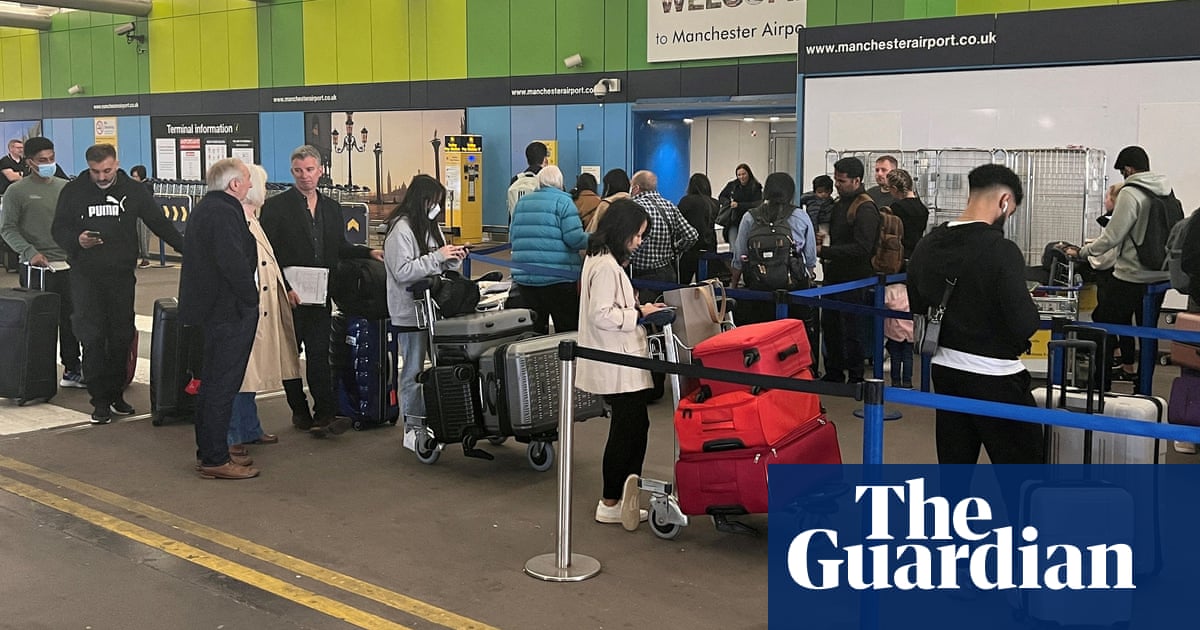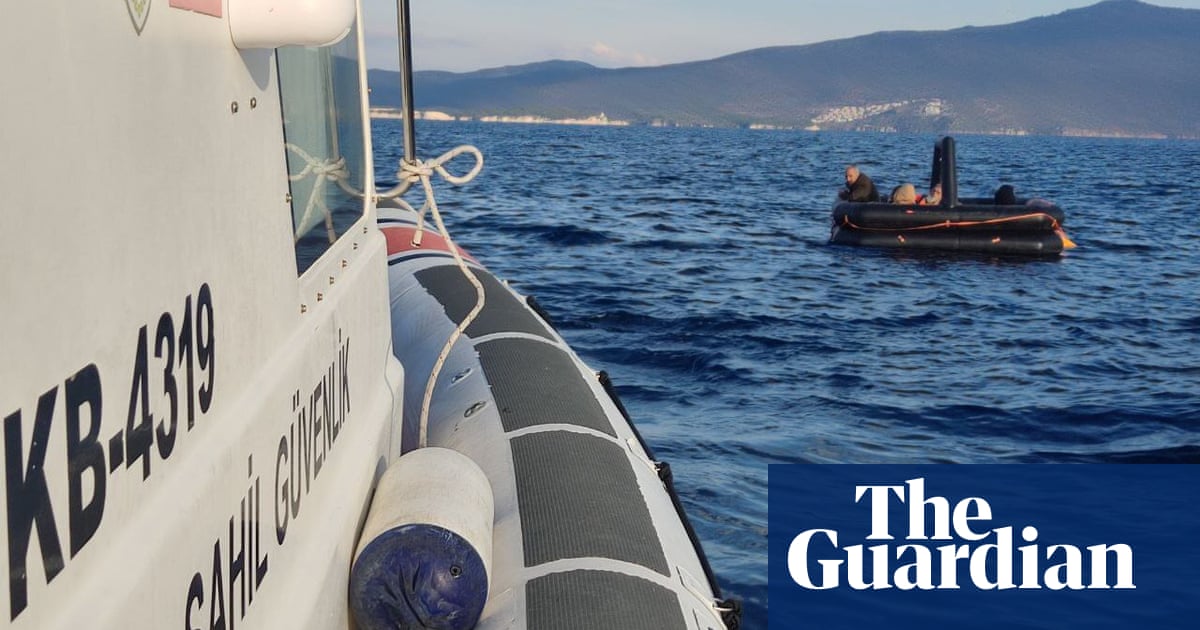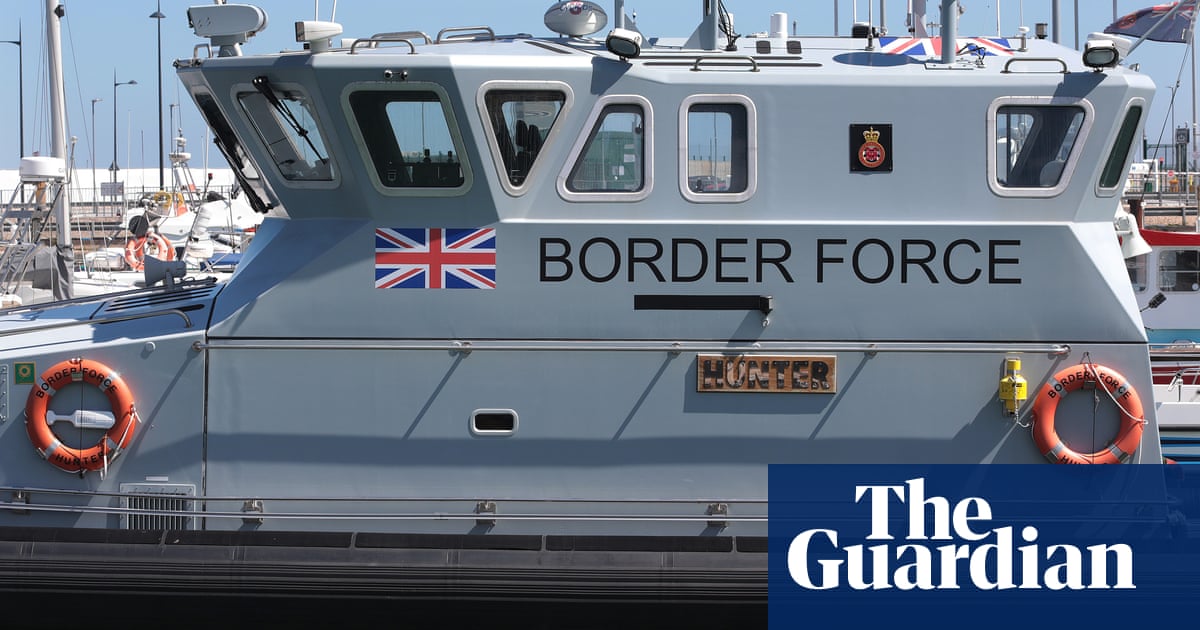
Members of the armed forces are being trained once again to cover for striking Border Force staff at ports and airports, the Guardian has learned.
Dozens of uniformed soldiers have been seen at Home Office facilities in south-east England amid concerns that the UK could be about to enter another summer of travel chaos.
The training is taking place in anticipation of a national ballot of members of the PCS union, which could lead to industrial action at ports and airports across the UK. The action would not include Scotland but would include England, Wales and Northern Ireland.
Emails seen by the Guardian show that senior figures in Border Force have secured assistance from the Ministry of Defence (MoD) to form a back-up workforce.
It is understood that the MoD has received a request for military aid from the Home Office to provide personnel.
Sources said soldiers were being given training of less than a week so they could check passports and look out for signs of drug smuggling, people trafficking and modern slavery.
The use of the armed services to cover striking workers has proved contentious, with senior military figures saying they should not be deployed in civilian duties.
Admiral Sir Tony Radakin, the head of British armed forces, has previously cautioned the government about using the military as the “ultimate backstop” during industrial action and said the armed forces were not “spare capacity” for striking workers.
This is the second time in two years that armed forces have been trained and readied to intervene in a border strike. More than 600 armed forces personnel were used to cover for striking workers at the borders in 2022.
They were given five days of training and brought in to take people’s passports and check them against the “warnings index [WI]” – a Home Office watchlist database with information such as previous immigration history and matters of national security.
Border Force guards are usually given a minimum of three weeks of training before they interact with the public. After that they are given a mentor to work alongside for up to a month to ensure they can work solo on a passport desk.
In 2022 soldiers and sailors working at the borders were not given powers to detain people they suspected of criminal activity and had to summon a fully trained Border Force officer instead.
It remains unclear whether the soldiers being trained this month will have the power to detain suspects.
Armed forces personnel are banned by law from striking themselves and most soldiers are already paid less than those going on strike, while their pay scales have not kept up with inflation.
The PCS union has recently completed four days of strike action at Heathrow over the imposition of a new rota.
The results of a separate, national ballot of PCS members working in 171 government departments is expected on Wednesday.
Fran Heathcote, PCS’s general secretary, said: “Our members are well-trained Border Force officers with years of experience and can’t be adequately replaced by individuals with a few hours’ training.
“The last time the Border Force went on strike nationally the army was drafted in but didn’t have the powers to stop people – travellers were being waved through security without property scrutiny.
“Instead of going through the expense of drafting in soldiers to do our members’ work, the government should be looking to resolve our dispute.”
A government spokesperson confirmed that armed service personnel are being asked to cover for striking workers.
“Keeping our border secure is our number one priority and we have robust measures in place to minimise disruption.
“As part of routine contingency planning the Home Office made an official request for use of Service Personnel to keep our border secure in the event of strike action,” the spokesperson said.












